Welcome to our Citizen Dame 5! This week, we’re each choosing a favorite female director and sharing five of our favorite films from each of them.
Female directors have been around since cinema was invented, but many have been relegated to footnotes in film history. Here at Citizen Dame, we talk a lot about the lady movie-makers that we love, so we’re going to carry on that tradition for Women’s History Month. The two filmmakers we cover today made some truly beloved films (some of which you may be surprised were directed by a woman!) and undoubtedly deserve their places in the cultural memory. So let’s be certain to remember them.
Lauren
Penelope Spheeris
1. Wayne’s World (1992)
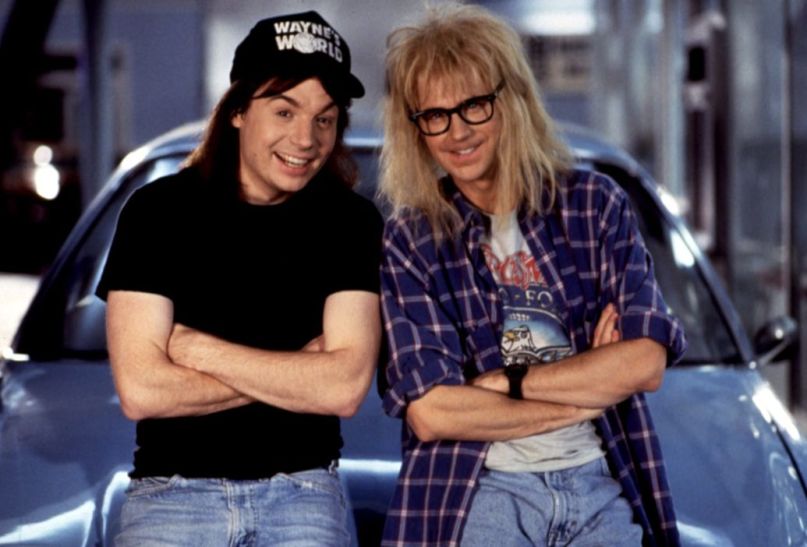
Wayne’s World was one of my favorite films as a kid, which explains a lot about me. I did not get most of the jokes, but I loved the music, the stock characters, the weird multiple endings. But it wasn’t until years later that I realized that this film I adored was also made by a woman. It doesn’t exactly fit the mold of what we often consider to be “female” comedies, focused as it is on sex jokes, one-liners, and dudes shooting their shot with extremely hot women, but it’s an entertaining, hilarious movie, made better by the sly female gaze and the fact that Spheeris, despite the rather difficult relationship with Mike Myers, is the perfect director for a film possessed by music.
2. The Decline of Western Civilization, Part 1 (1981)
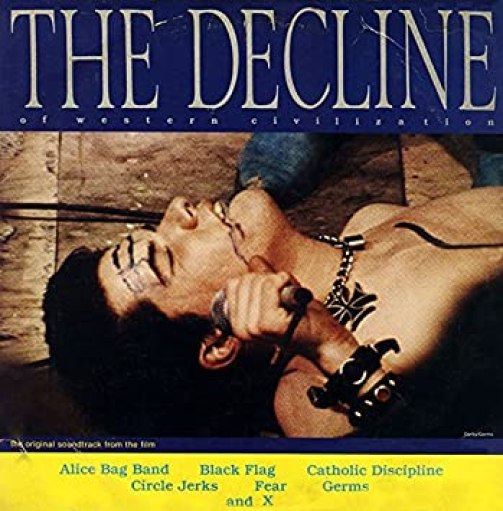
Spheeris’s greatest triumph might be the three part documentary The Decline of Western Civilization, which chronicles the underground hardcore punk and heavy metal movements of the late 70s and 80s. Part 1 is a hardcore punk documentary filmed from 1979–80, detailing the LA punk scene via performances by The Germs, Fear, Black Flag, and Circle Jerks. Spheeris’s camera approaches the groups and the scene from an embedded, gonzo position, unpacking the near-nihilism, anger, and occasional political activism of a music movement in a very specific time and place. Many of the groups featured were either on the cusp of stardom, or would burn out as band members overdosed, bands broke up, or the punk movement became too mainstream. The energy Spheeris captured, though, is truly remarkable, and makes this one of the most essential music documentaries of all time.
3. The Decline of Western Civilization, Part 3 (1998)
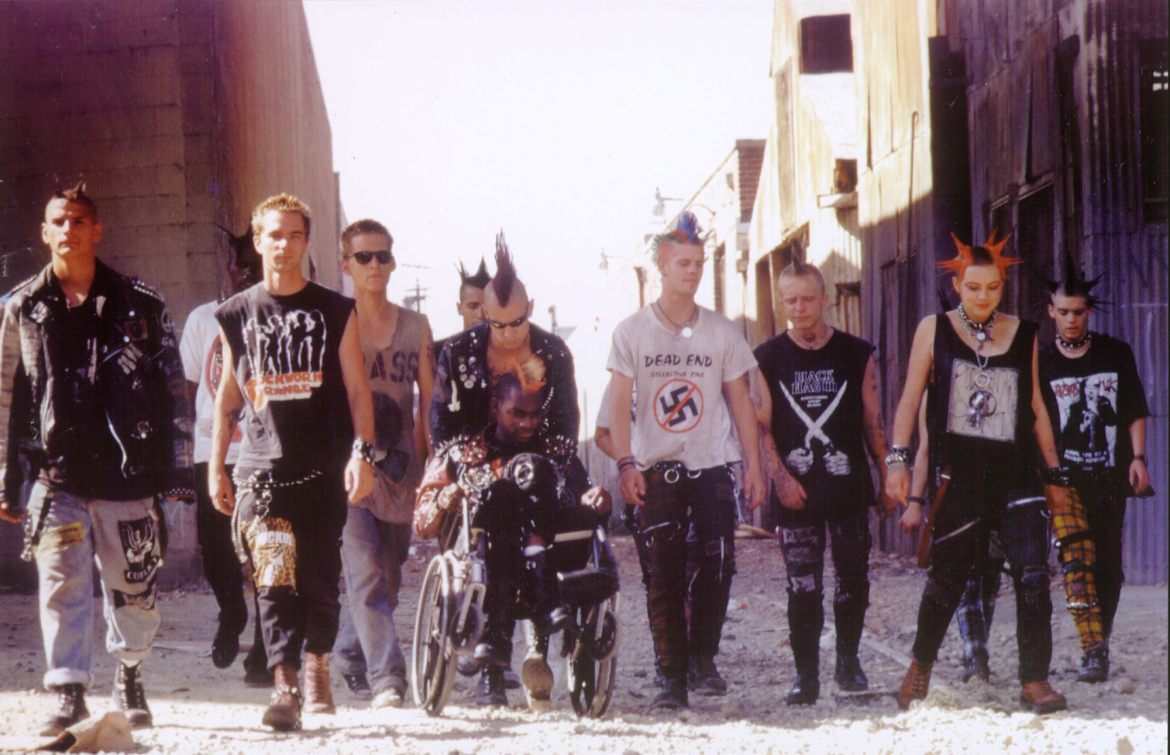
What Part 1 missed out on was a deeper dive into the punk fans themselves, the kids living on the fringes who found solace and freedom in the underground movement. Part 3 brings the viewer into the reality of gutterpunk kids and newer punk bands—more socially conscious, in some ways, and certainly more explicitly political in their viewpoints. Where Part 1 captured the energy of the scene, Part 3 captures the despair, of a group of kids who expect to be dead by twenty-one. It’s a moving and compassionate look at this shiftless, parentless society, at the way they form their own rules, having been abandoned by their parents and authority figures, even as they’re not really equipped to care for themselves or for each other. Again, Spheeris avoids pandering or talking down to her subjects, and gives them ample space to speak for themselves.
4. The Beverly Hillbillies (1993)
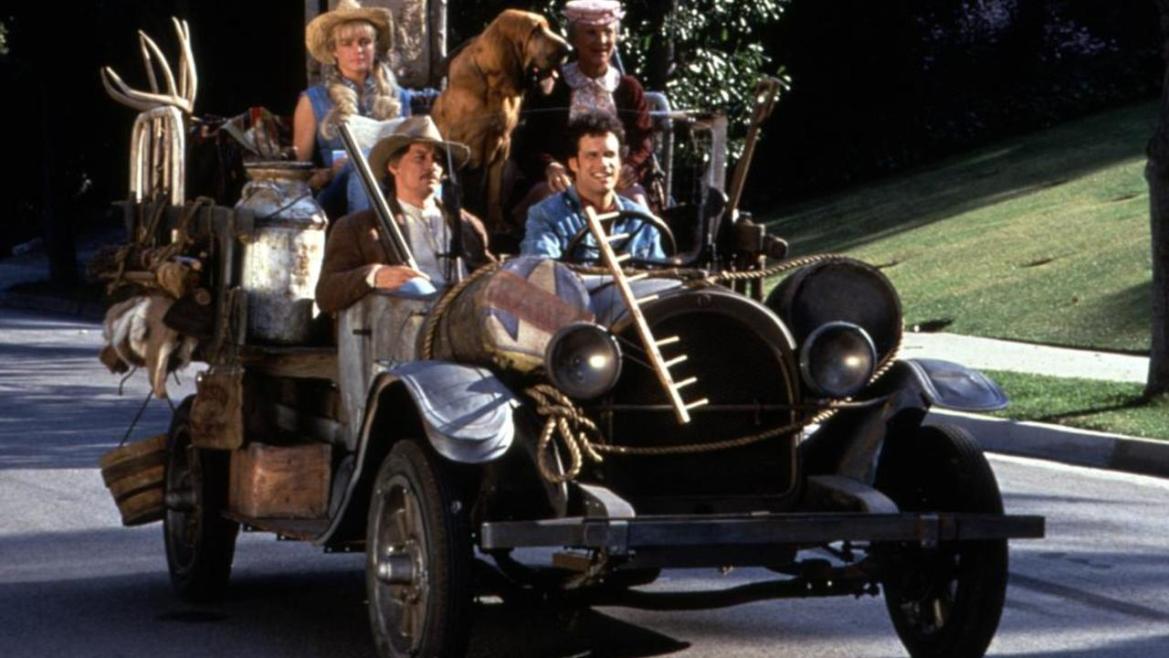
It’s odd, really, that Spheeris is known for, on the one hand, a series of films embedded in punk and rock subcultures, and on the other, flashier Hollywood comedies and TV show adaptations. While not quite as strong a showing as Wayne’s World, The Beverly Hillbillies is a deliciously entertaining adaptation with a great cast, including Jim Varney, Dabney Coleman, Cloris Leachman, Lily Tomlin, and Lea Thompson. A silly film? Yes. But so was the original show, and here it’s recaptured with love and humor.
5. Suburbia (1983)
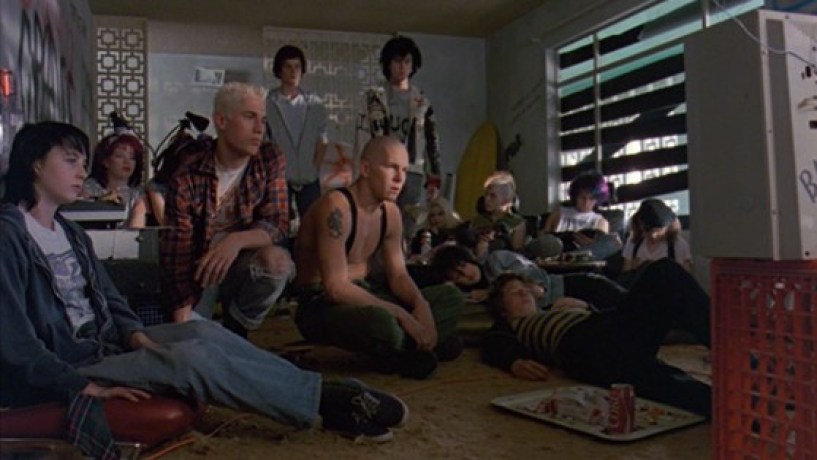
Essentially a fictionalized companion piece to The Decline of Western Civilization series, Suburbia embeds the viewer deep in the lives of a group of teens and twenty-somethings living in a squat in Los Angeles. Populated by a cast of punks and street kids (including Flea of Red Hot Chili Peppers), Suburbia follows the group through the violence of the punk scene, coming into conflict with cops and “concerned citizens” frightened of the disaffected youths. It’s a compassionate story of found family and kids living on the edge of society.
Karen
Penny Marshall
A League of their Own (1992)

Funny and emotional, A League of Their Own was essentially viewing for this teenage baseball fan. Penny Marshall’s best film is a powerful story of female friendship, sisterhood, and persevering in a world that only accepts women’s advancement and success when it benefits men. Geena Davis and Tom Hanks are perfect, yes. And so are Rosie O’Donnell and Madonna and Lori Petty and all the rest. This isn’t just Marshall’s best movie, it’s also one of the very best movies of the 90s.
Awakenings (1990)
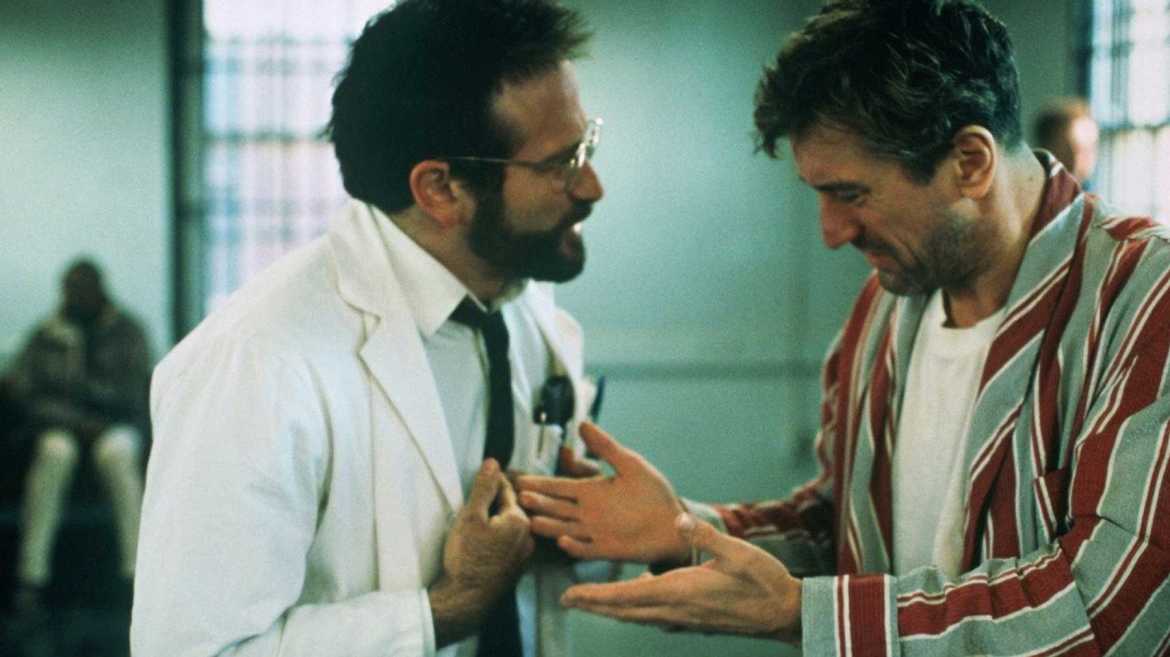
Perhaps it was her acting career that made Marshall such a great actor’s director. And that is particularly clear with her 1990 Best Picture nominee, Awakenings. The fact that she was not nominated for Best Director will never stop making me mad. (Of course it doesn’t help that the Academy refused to rectify their error two years later.) Robin Williams plays a somewhat fictionalized version of real life Dr. Oliver Sacks, who discovered promising results while working with encephalitic patients. Inspiring, heartwarming, heartbreaking, and often finding the humor in key moments, this is a great and underseen movie.
Big (1988)
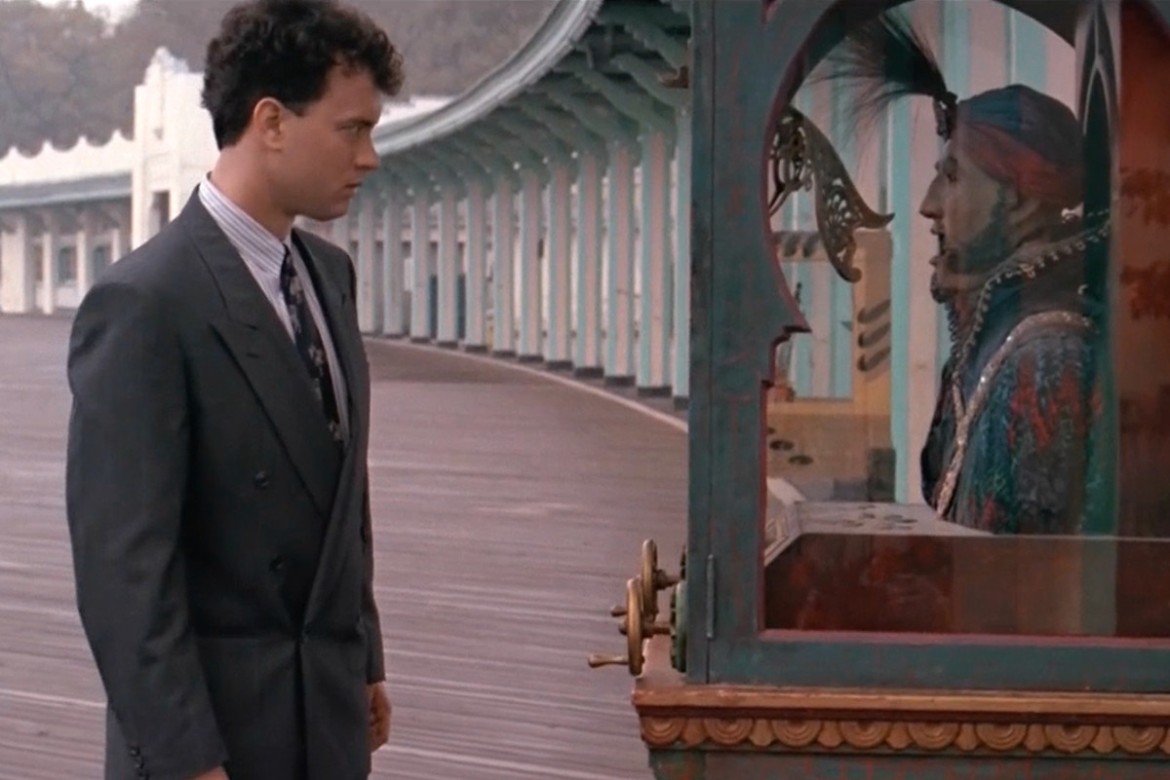
Yes, yes, there are some questionable statutory issues at play, but Big is one of those weird, charming 80s movies that captures magic and youthful enthusiasm through the wide, innocent eyes of Tom Hanks. It was one of my favorite movies as a kid, and it’s still one of my favorites as a grown up.
Jumpin’ Jack Flash (1986)
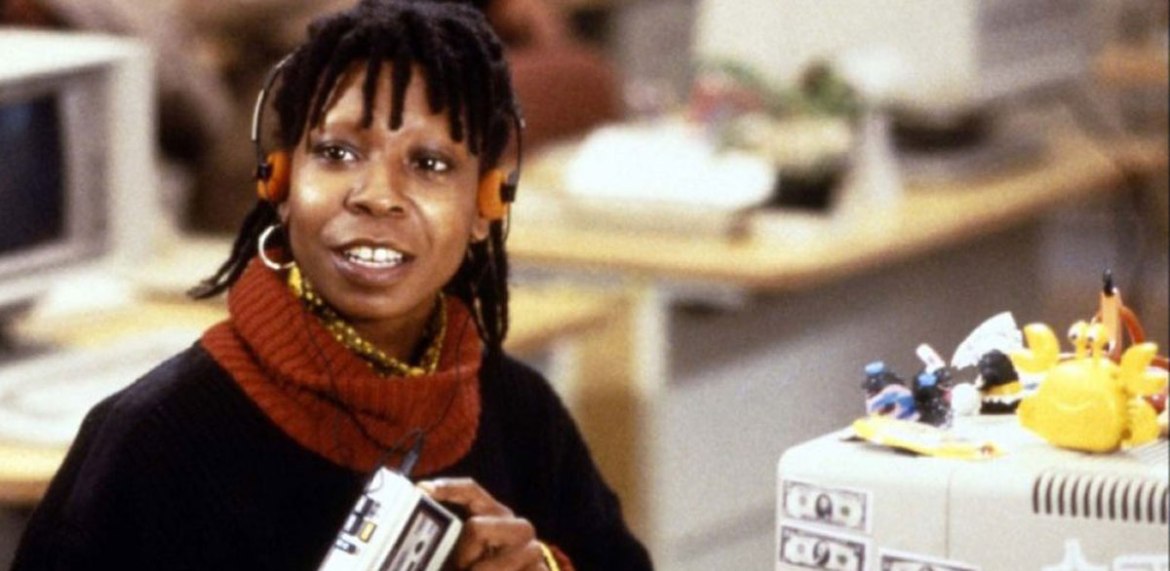
Penny Marshall’s directorial debut put Whoopi Goldberg front and center in a hilarious spy/comedy involving secret codes, costumes, and espionage. Back in 1986, chatting via computer was some kind of futuristic sci fi dream world. Little did we know! Jumpin’ Jack Flash was ahead of its time, even though it shouldn’t have been. A Black woman in a leading role who also happens to be a tech genius? And it’s directed by a woman? In the 1980s? That should have been the norm, but of course it very much wasn’t. And it’s still so funny after all these years.
Renaissance Man (1994)
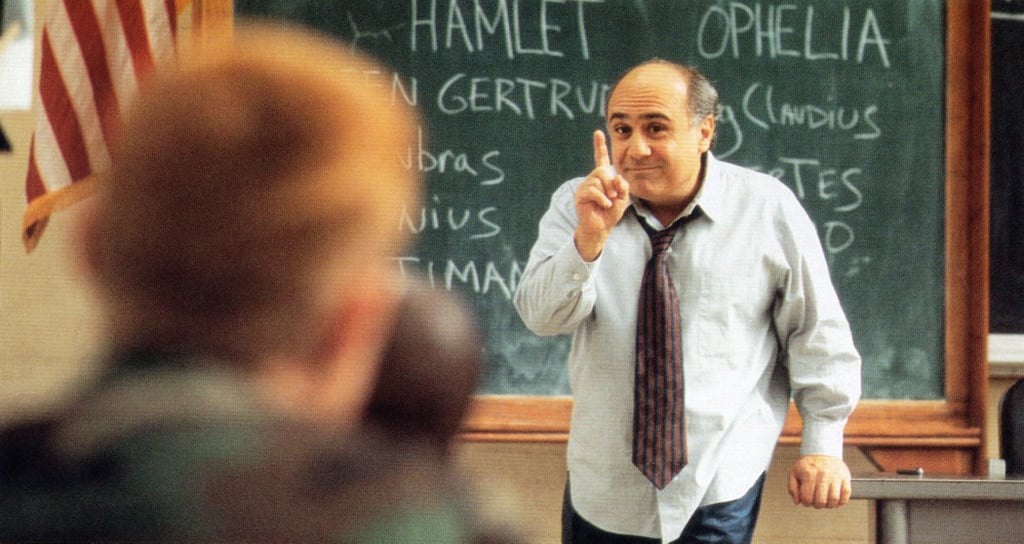
It’s been years since I’ve seen it, but Renaissance Man is a film that has stuck with me. Danny DeVito is Bill Rago, a recently fired advertising exec who finds himself teaching English to a group of under-educated Army recruits who are in danger of failing out of basic training. It could fall into the trap of those ubiquitous inspirational teacher movies of the 90s, but instead, it charts its own path. The class of recruits are funny individuals and the team that forms feels organic and natural. It’s also hilarious that Mark Wahlberg’s Haywood is constantly teased for his lack of rhythm, considering this movie was his first real effort to shed the Marky Mark persona.

